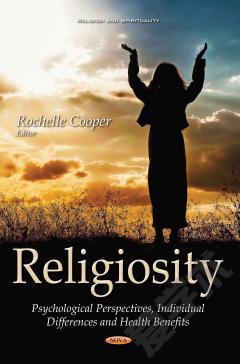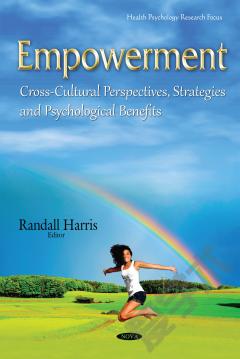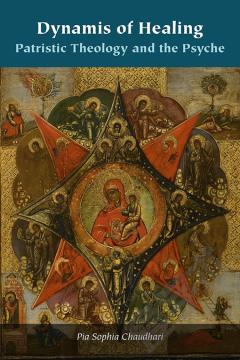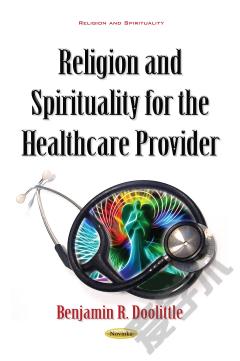Religiosity: Psychological Perspectives, Individual Differences and Health Benefits
This book reviews several psychological perspectives of religiosity. It studies individual differences and health benefits of religiosity as well. Chapter One focuses on religious conversion and provides a review of psychological concepts related to religious conversion and defines religious conversion as a positive change in religious beliefs including significant changes in spiritual and personal life. Chapter Two examines whether the meaning of life can mediate the relationships between religiosity and hope. Chapter Three discusses the contribution of religiosity and spirituality to well-being. Chapter Four explores the associations between religiosity, subjective well-being, and psychopathology. Chapter Five describes two studies that explores whether the experience of loneliness is influenced by one’s degree of religious observance. Chapter Six reviews research on whether religiosity is a protective factor for suicidal ideation and behavior. Chapter Seven studies spiritual tactics, sickness and depressed moods in older adults. Chapter Eight reviews often conflicting scientific literature dealing with spirituality and religiosity and eating disorder symptomatology in women. Finally, Chapter Nine discusses religion, spirituality and health in the Chinese context.
{{comment.content}}








 京公网安备 11010802027623号
京公网安备 11010802027623号